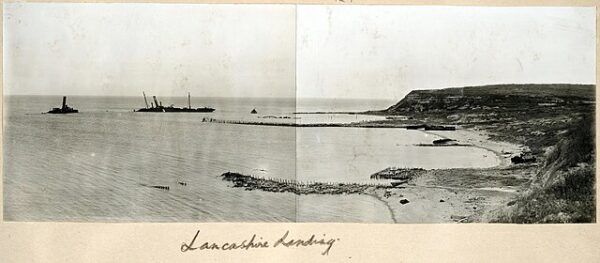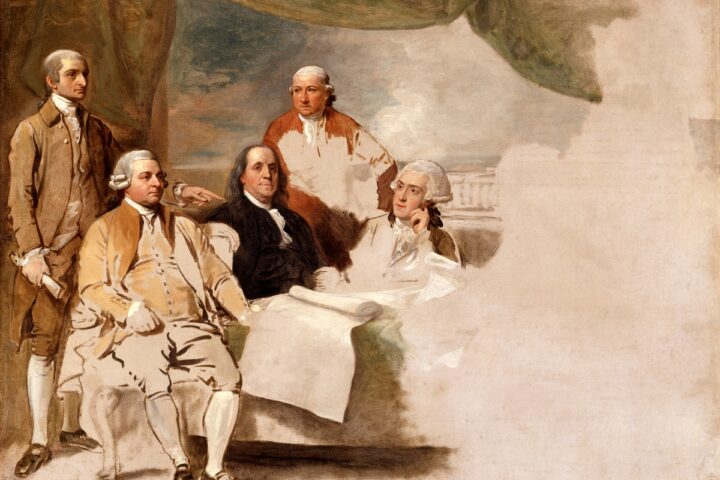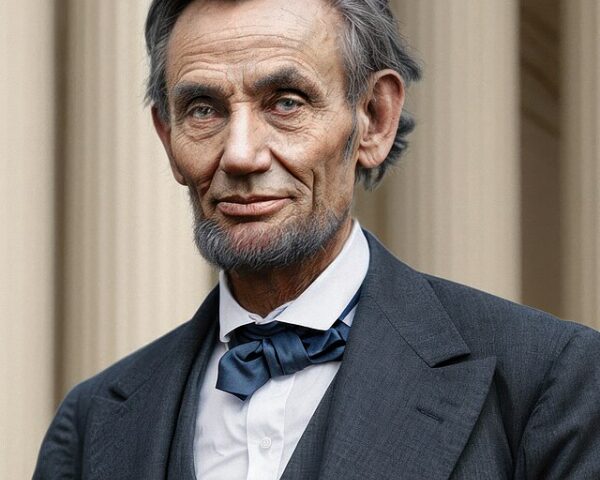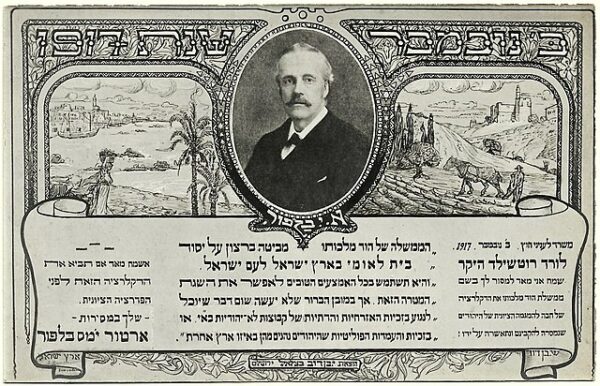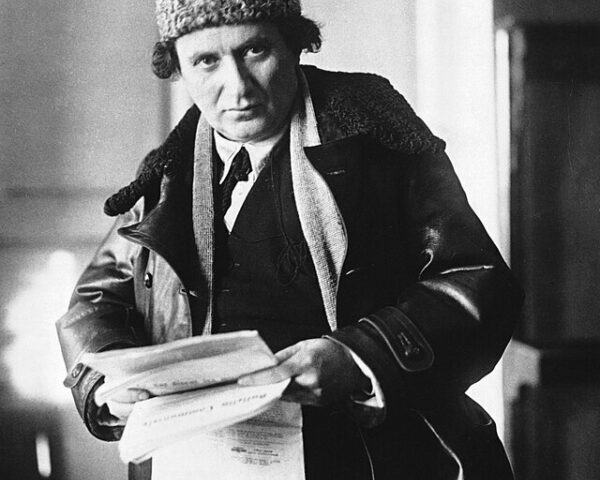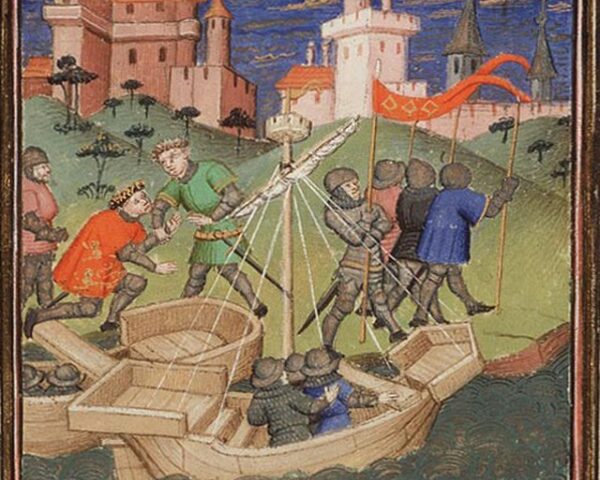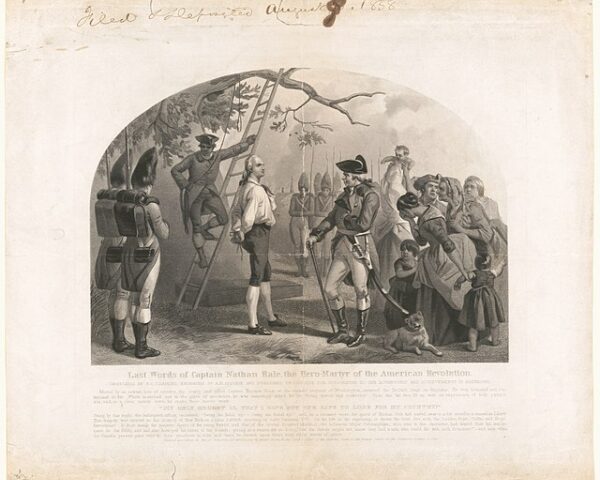On January 9, 1916, the Battle of Gallipoli ended with a decisive Ottoman victory, marking a pivotal moment in World War I. This campaign, spanning from April 25, 1915, to January 1916, represented a daring but unsuccessful Allied attempt to seize control of the…
Read MoreThe United States became independent on July 4, 1776, but it did not become free from the British until November 30, 1782. The Treaty of Paris, preliminarily signed on that date and sent to both countries for final approval, marked the official end of…
Read MoreOn a damp, gray Tuesday evening that did little to distinguish itself from any other in the British capital, a quiet technological revolution began. At precisely 6:00 p.m., the British Broadcasting Company — a consortium of leading wireless manufacturers — officially launched its first…
Read MoreOn November 8, 1861, the Abraham Lincoln and Secretary of State William Seward found themselves caught in one of the most important diplomatic conflicts during the Civil War. Called the “The Trent Affair,” the incident involved the interception of a British mail steamer, the RMS Trent,…
Read MoreRemember, Remember the 5th of November, Gunpowder, treason and plot. It’s the beginning of a poem that children all over Great Britain sing as every November 5 the nation lights up in fireworks and bonfires. Unlike the United States, where Americans celebrate the birth…
Read MoreOn November 2, 1917, amid the upheaval of the First World War, the British government issued a letter that would alter the course of modern history—the Balfour Declaration. In just sixty-seven words, Britain became the first great power to formally endorse the establishment of…
Read MoreOn October 25, 1924, just four days before Britain’s general election, The Daily Mail published a sensational document that would become one of the most infamous political forgeries in modern history—the so-called Zinoviev Letter. Purporting to be a directive from Grigory Zinoviev, head of…
Read MoreOn October 23, 1707, democracy in Great Britain took a huge step forward with the opening of the first united Parliament. The new governing body served as the culmination of years of negotiations and debates that united the kingdoms of England and Scotland, marking…
Read MoreOn September 27, 1066, William the Conqueror set sail on a trip that would change the course of world history, leaving Normandy and sailing toward Britain. He would soon face the most important battle in British history before World War II and be seated…
Read MoreOn the gray morning in occupied New York City, a 21-year-old Connecticut schoolteacher turned Continental officer met his end at the hands of the British. Nathan Hale, captured while attempting to gather intelligence behind enemy lines, was hanged as a spy on September 22,…
Read More

